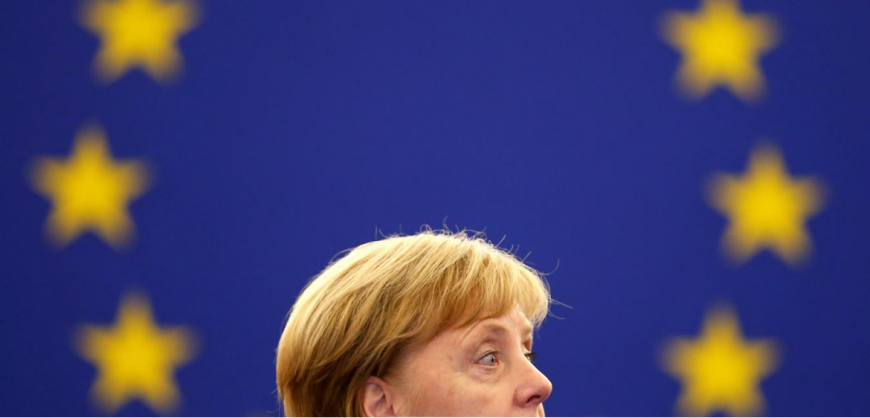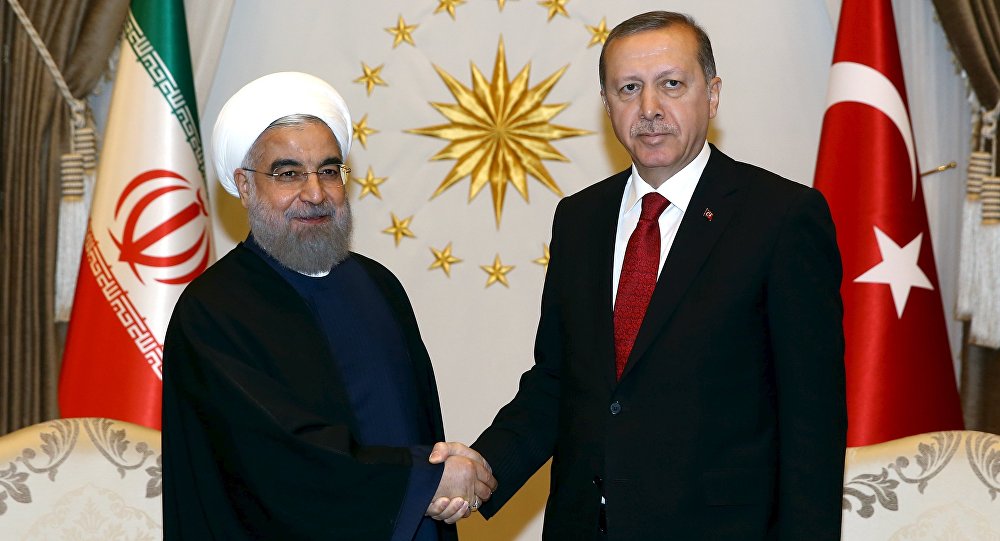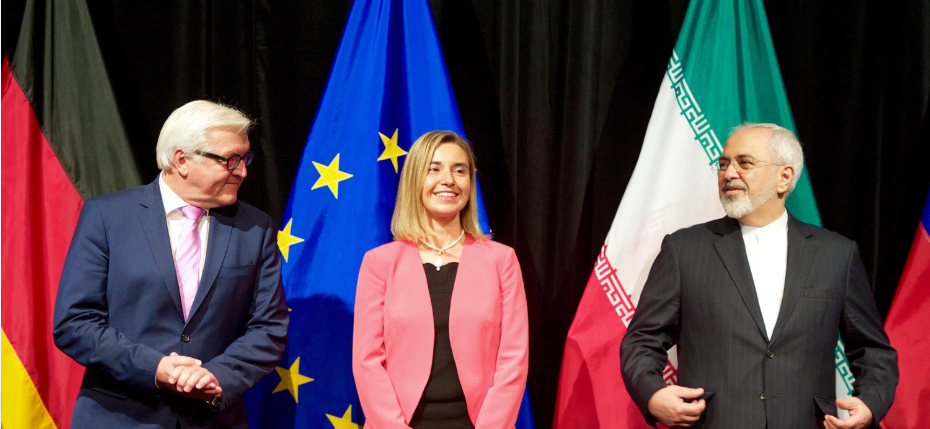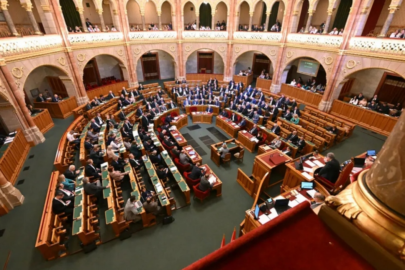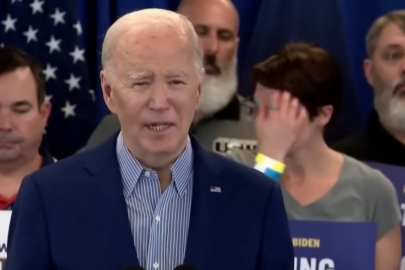Since the election of Donald Trump, the European Union and the United States have increasingly disagreed on Iran policy. The divergence widened in May with President Trump’s announcement that the United States was withdrawing from the Iran nuclear agreement.
Washington has since reimposed nuclear sanctions on Iran in two rounds in August and November. Meanwhile the EU has sought to preserve the nuclear agreement by trying to protect Iran from renewed sanctions.
The EU’s campaign to shield Iran from U.S. sanctions is doomed to fail.
The biggest European companies already have voted with their wallets and pulled out of Iran. They have a lot more to lose if they are cut off from the U.S. market by secondary sanctions, than they have to gain from trade with Iran’s much smaller market.
Market forces are too strong for such companies to ignore their economic interests in maintaining access to the U.S. market to oblige EU bureaucrats more worried about alleged U.S. “economic imperialism” than they are about the terrorism, subversion, and ballistic missiles exported by Iran.
The danger is that smaller European companies, with little or no stake in trade with the United States, could risk sanctions and continue trading or investing in Iran. This would dilute the impact and undermine the effectiveness of U.S. sanctions.
European allies played a major role in ratcheting up sanctions pressure on Iran in 2012–13, and they remain a key channel for restoring sanctions pressure now. The EU is Iran’s second largest trading partner, after China, and a leading consumer of Iran’s oil exports.
Kicking the Tires on the Special Purpose Vehicle
As part of a package of economic incentives designed to induce Iran to remain in the nuclear agreement, the foreign ministers of the EU, Britain, France, Germany, Russia, and China met on the sidelines of the UN General Assembly in September to hash out the creation of a “Special Purpose Vehicle”—a new mechanism to facilitate trade between Iran and other states and avoid U.S. sanctions.
The details of the SPV are still being worked out. It would be a clearinghouse that uses some form of a barter system to enable Iran to continue trading its oil for European goods and other goods. Iranian firms could use the SPV to accumulate credits for their exports that could be used to pay for imports from other foreign companies participating in the SPV.
Essentially, the SPV would function like an escrow agent, periodically settling the balance between exports and imports. It would use Euros or sterling, rather than U.S. dollars, to minimize the exposure of participating companies to U.S. sanctions.
The Trump administration has strongly denounced the EU’s SPV strategy. Additionally, Secretary of State Mike Pompeo blasted the scheme, calling it “one of the most counterproductive measures imaginable for regional and global peace and security.”
Read more HERE

